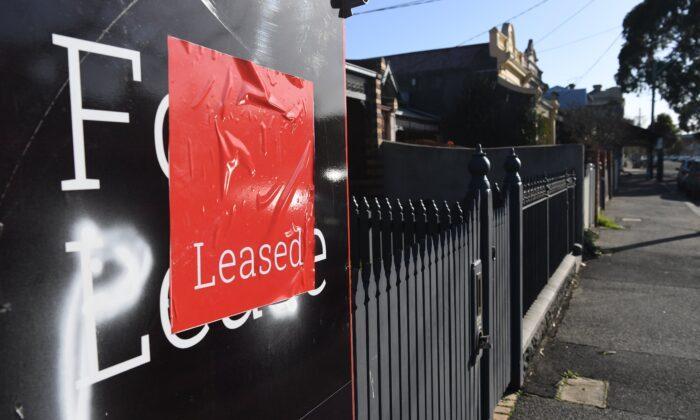The Australian government has confirmed a Melbourne-based academic who has been detained in Iran for more than two years has been freed.
Kylie Moore-Gilbert, 33, will soon be reunited with her family, Foreign Affairs Minister Marise Payne said.
“No doubt, as she recovers, she will draw on the same strength and determination that helped her get through her period of detention,” she said.
Senator Payne also commended the endurance, trust and resilience of Moore-Gilbert’s family, friends and university colleagues, throughout her ordeal.
The television report was scant on detail, saying only that the three Iranians freed in the swap had been imprisoned for trying to bypass sanctions on Iran.
Moore-Gilbert was a Melbourne University lecturer on Middle Eastern studies when she was picked up at a Tehran airport while trying to leave the country after attending an academic conference in 2018.
She was sent to Tehran’s Evin prison, convicted of spying and sentenced to 10 years behind bars.
Moore-Gilbert had vehemently denied the charges and maintained her innocence.
Senator Payne noted the Australian government had consistently rejected the grounds on which the Iranian government arrested, detained and convicted Moore-Gilbert.
“We continue to do so,” she added.
Moore-Gilbert was one of several Westerners held in Iran on widely criticised espionage charges that activists and UN investigators believed was part of a systematic effort to leverage their imprisonments for money or influence in negotiations with the West. Tehran has denied this.
Moore-Gilbert wrote a series of letters to Prime Minister Scott Morrison detailing her plight, saying she had been imprisoned “to extort” the Australian government.
Her detention strained relations between Iran and the West at a time of already escalating tensions, which reached a fever pitch earlier this year following the US killing of a top Iranian general in Baghdad and retaliatory Iranian strikes on a US military base.
Morrison said on Facebook Thursday morning that he had spoken to Dr. Moore-Gilbert and that she was now “on her way home.”
State TV aired footage showing her clad in a grey hijab sitting in what appeared to be a greeting room at Mehrabad International Airport in Tehran.
Accompanied by another Western woman in a colourful headscarf, Moore-Gilbert wore a blue face mask tucked under her chin and a stoic expression.
Other footage showed Moore-Gilbert being escorted to a large grey van after nightfall.
The state TV report did not elaborate on the Iranians it described as “economic activists” freed in exchange for Moore-Gilbert.
They wore Iranian flags draped over their shoulders, black baseball caps pulled down over their eyes and surgical masks, outfits apparently designed to conceal their identities onscreen.
Iran’s deputy foreign minister Abbas Araghchi welcomed the three Iranians at the airport.
International pressure had been building on Iran to release Moore-Gilbert.
She has gone on repeated hunger strikes and her health has deteriorated during long stretches in solitary confinement.
In recent months, she was transferred to the remote Qarchak Prison, east of Tehran, as fears escalated over the spread of the coronavirus in the country’s notoriously crowded prisons.
Moore-Gilbert and her family have asked for privacy at this time, Senator Payne said.





